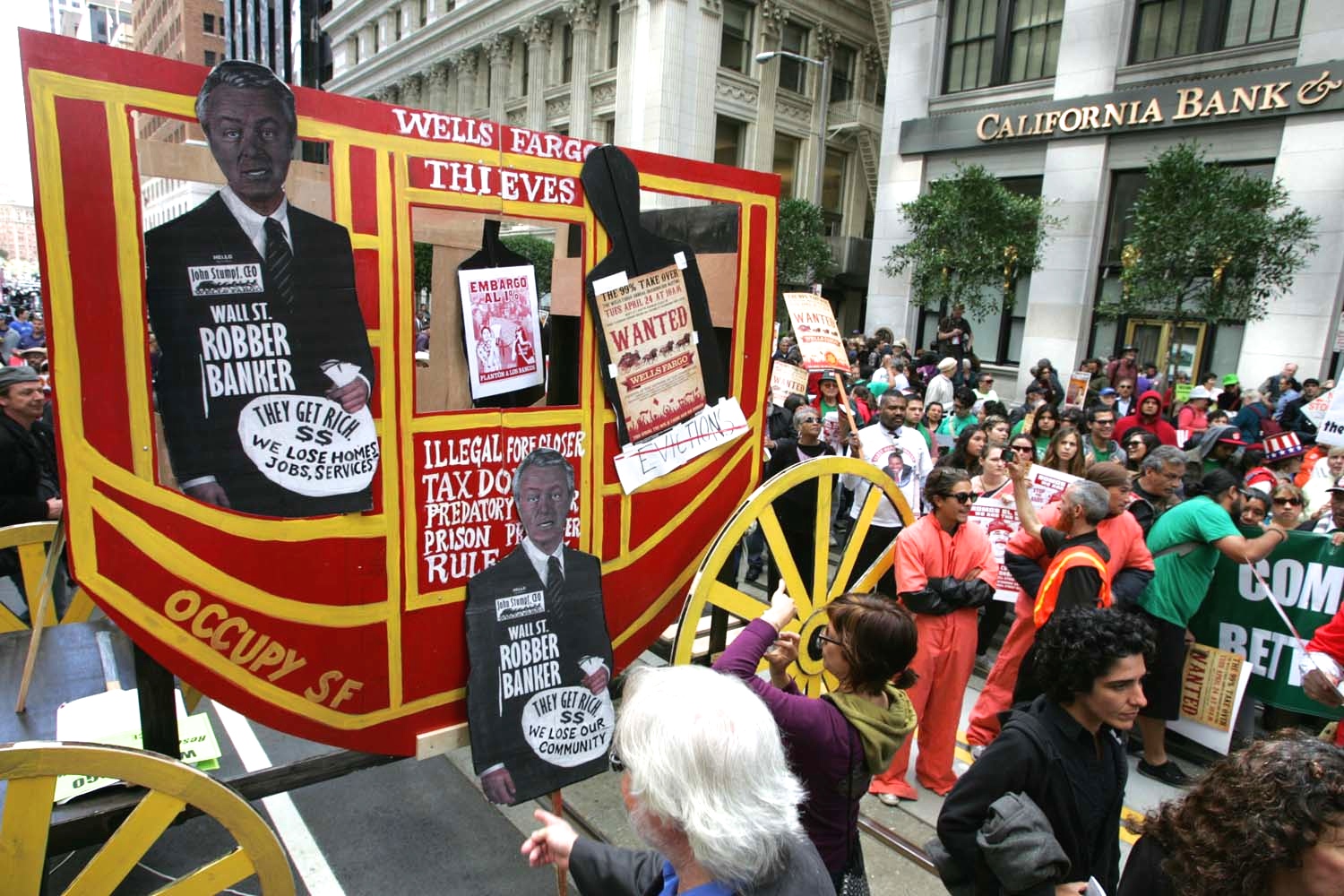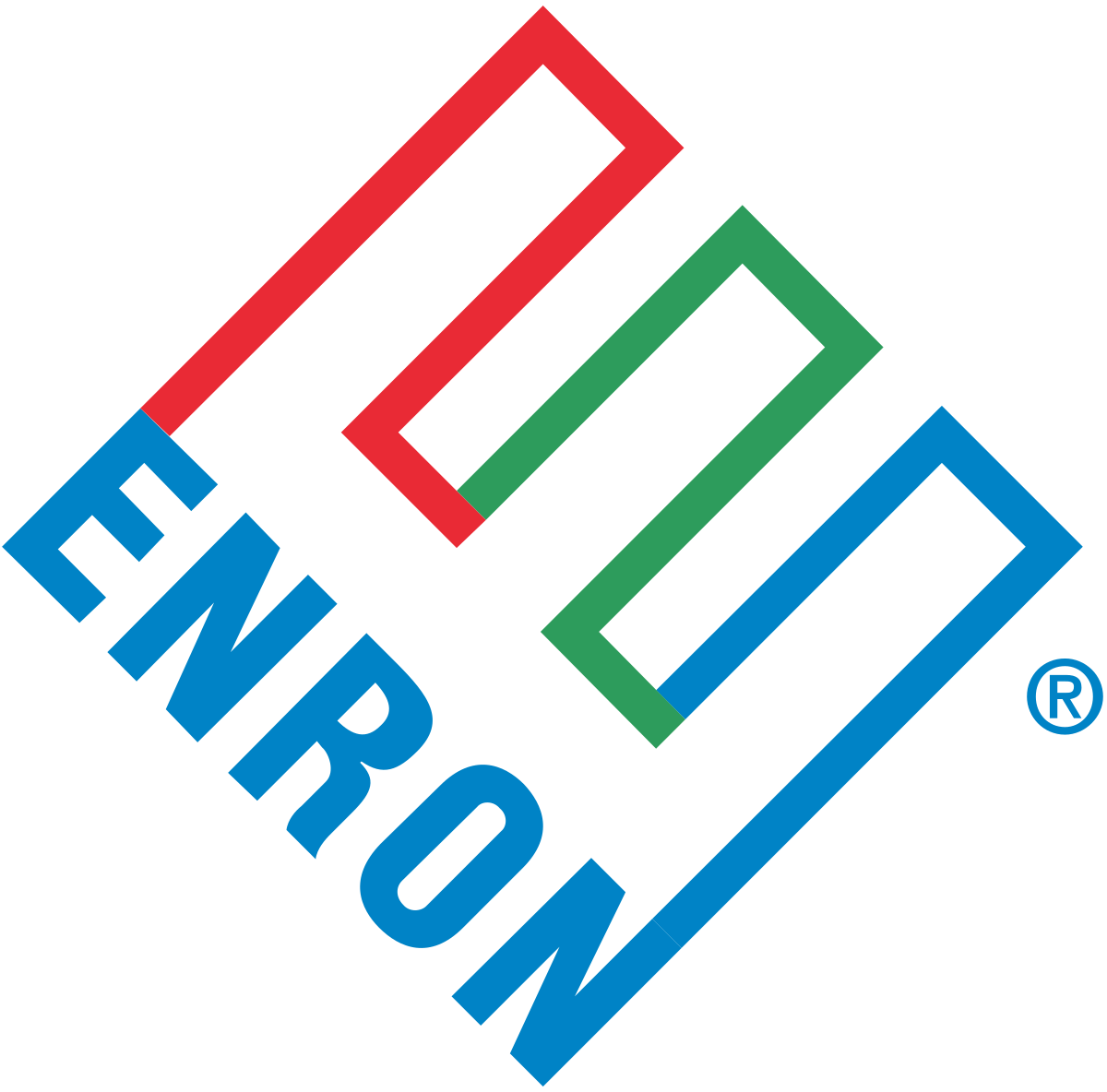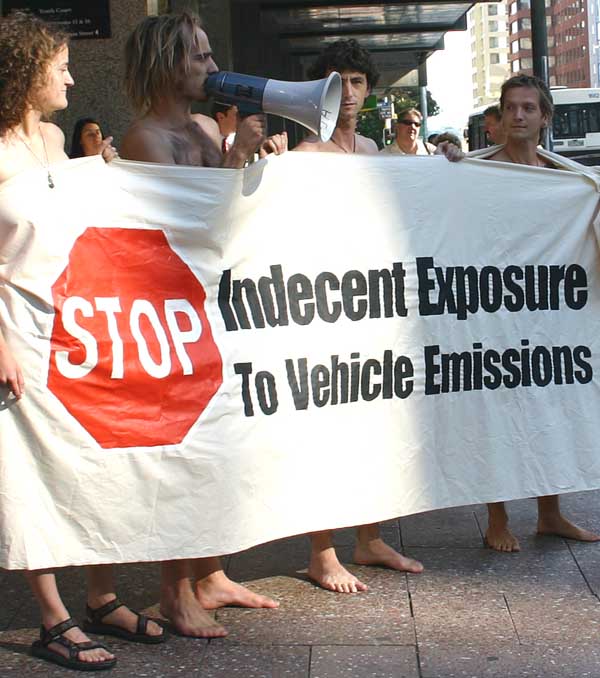 Once upon a time, there was a debate on how best to check the power of giant corporations. Starting in the Progressive Era and resuming in the 1970s with the arrival of agencies such as the EPA and OSHA, some emphasized the role of government through regulation. Others focused on the role of the courts, especially through the kind of class action lawsuits pioneered by lawyers such as Harold Kohn in the 1960s.
Once upon a time, there was a debate on how best to check the power of giant corporations. Starting in the Progressive Era and resuming in the 1970s with the arrival of agencies such as the EPA and OSHA, some emphasized the role of government through regulation. Others focused on the role of the courts, especially through the kind of class action lawsuits pioneered by lawyers such as Harold Kohn in the 1960s.
When regulators were seen as too aggressive, business apologists pushed back by arguing that corporate misconduct should be addressed through litigation. When class actions grew more effective, those apologists started lobbying for tort reform and arguing that regulatory agencies (especially those dominated by industry) were the better forum.
This year, amid a supposed populist upsurge, that debate is dying out. The Republican-controlled Congress and the White House are undermining both regulation and litigation. Virtually all legislative “accomplishments” since Inauguration Day have consisted of Congressional Review Act maneuvers to roll back business regulations. Now, with the Senate’s move to kill the Consumer Financial Protection Bureau’s restriction on forced arbitration, Congress has used the same device to reduce the ability of consumers to seek redress through the courts — what Sen. Elizabeth Warren aptly described as “a giant wet kiss to Wall Street.”
The result of these moves is that big business is increasingly being allowed to operate with no effective controls at all. This unilateral disarmament is taking place when corporate misconduct is rampant. Among the companies that will benefit from the arbitration move are the likes of Wells Fargo and Equifax, whose willingness to mistreat customers has been truly astounding.
We should be careful, however, not to overstate the effectiveness of damage awards in class action lawsuits in changing corporate behavior. It’s unfortunately true that large corporations have come to regard substantial monetary settlements as an acceptable cost of doing business.
That’s true both of private litigation and cases brought by regulatory agencies and the Justice Department. As shown in Violation Tracker, 40 corporations have paid $1 billion or more in fines and settlements. Seven of those have paid $10 billion or more, including all the giant national banks: Bank of America ($57 billion), JPMorgan Chase ($29 billion), Citigroup ($16 billion) and Wells Fargo ($11 billion).
These amounts have involved scores of different cases dating back to 2000. In other words, the banks are repeat violators that are willing to pay out large sums in order to continue doing business more or less as usual. More class action lawsuits are unlikely to change this dynamic.
I believe that banks and other large corporations should continue to face heavy financial penalties for their misconduct, but it has become clear that these penalties alone are not going to put an end to the corporate crime wave. It’s time to go beyond damages in addressing the damage caused by these companies.
 Wells Fargo’s seemingly endless transgressions have reached the point that there is growing discussion of a possibility rarely considered even in some of the most egregious corporate scandals: putting it out of business.
Wells Fargo’s seemingly endless transgressions have reached the point that there is growing discussion of a possibility rarely considered even in some of the most egregious corporate scandals: putting it out of business. When a new corporate scandal arises, there is a tendency on the part of many observers to treat it as a complete surprise — as something that could not have been anticipated.
When a new corporate scandal arises, there is a tendency on the part of many observers to treat it as a complete surprise — as something that could not have been anticipated. Corporate crime has been happening as long as there have been corporations. But if you wanted to choose an event that marked the emergence of what we think of as modern big business misconduct it would be the admission by Enron in November 2001 that it had overstated profits by $600 million. Within months, the high-flying energy trader collapsed amid growing evidence that the company was one big scam. Enron’s lenders, investors, auditors and others were all pulled into the morass.
Corporate crime has been happening as long as there have been corporations. But if you wanted to choose an event that marked the emergence of what we think of as modern big business misconduct it would be the admission by Enron in November 2001 that it had overstated profits by $600 million. Within months, the high-flying energy trader collapsed amid growing evidence that the company was one big scam. Enron’s lenders, investors, auditors and others were all pulled into the morass. Donald Trump likes to give the impression that he has made great strides in dismantling regulation. While there is no doubt that his administration and Republican allies in Congress are targeting many important safeguards for consumers and workers, the good news is that those protections in many respects are still alive and well.
Donald Trump likes to give the impression that he has made great strides in dismantling regulation. While there is no doubt that his administration and Republican allies in Congress are targeting many important safeguards for consumers and workers, the good news is that those protections in many respects are still alive and well.
 Americans may have initially felt a bit smug upon learning that the combustible material responsible for the Grenfell Tower disaster in London is largely banned in the United States. Perhaps our regulatory system is not as deficient as we thought.
Americans may have initially felt a bit smug upon learning that the combustible material responsible for the Grenfell Tower disaster in London is largely banned in the United States. Perhaps our regulatory system is not as deficient as we thought. For months the news has been filled with reports of suspicious meetings between Trump associates and Russian officials. Another category of meetings also deserves closer scrutiny: the encounters between Trump himself and top executives of scores of major corporations since Election Day. What do these companies want from the new administration?
For months the news has been filled with reports of suspicious meetings between Trump associates and Russian officials. Another category of meetings also deserves closer scrutiny: the encounters between Trump himself and top executives of scores of major corporations since Election Day. What do these companies want from the new administration? Big business would have us believe that it is on the side of the angels when it comes to the Paris climate agreement. A group of large companies just published full-page ads in the New York Times and Wall Street Journal urging (unsuccessfully, it turned out) President Trump to remain in the accord.
Big business would have us believe that it is on the side of the angels when it comes to the Paris climate agreement. A group of large companies just published full-page ads in the New York Times and Wall Street Journal urging (unsuccessfully, it turned out) President Trump to remain in the accord. It remains to be seen how high the new special counsel Robert Mueller aims his probe of the Trump campaign, but there are
It remains to be seen how high the new special counsel Robert Mueller aims his probe of the Trump campaign, but there are
You must be logged in to post a comment.